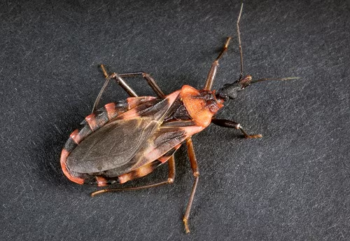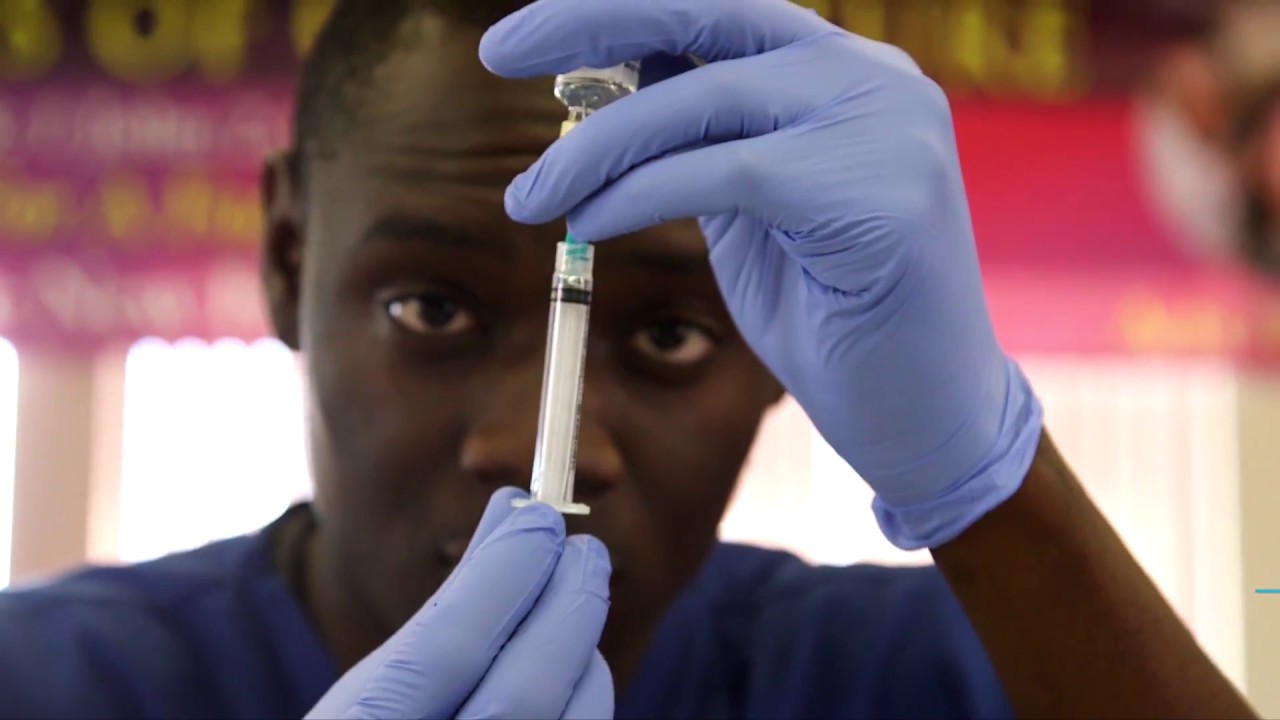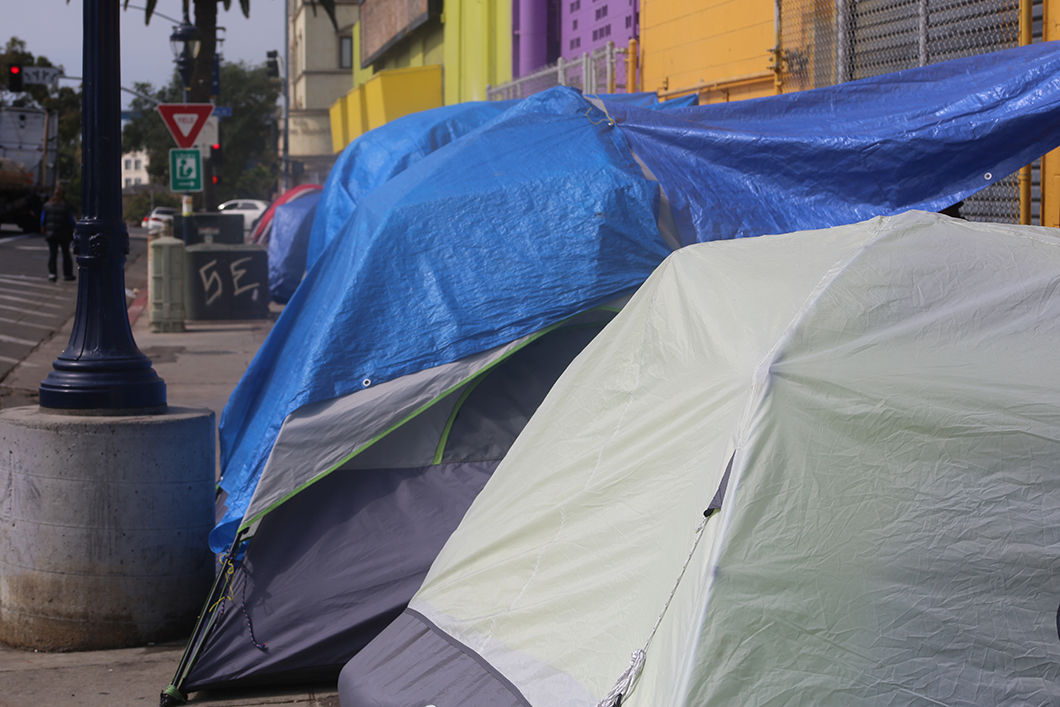It appeared measles had been eliminated in the United States in 2000.
The reason? Vaccines.
But nearly 20 years later, a record 695 measles cases have reported to date in 22 states 2019 and outbreaks in six states, according to the Centers for Disease Control and Prevention.
The reason for the resurgence? Parents who delay or do not vaccinate their children, often due to the misconception that vaccines are unsafe.
April 27-May 4 is National Infant Immunization Week, and the County Health and Human Services Agency (HHSA) is urging parents to make sure their children are vaccinated against measles and other vaccine-preventable diseases.
“Vaccines are safe and effective. They do not cause autism. That claim has been disproven,” said Wilma Wooten, M.D., M.P.H., County public health officer.
Vaccines have reduced disease, disability, and death from a variety of infectious diseases.
No measles cases have been reported in San Diego since 2017, but that could change since there are pockets of unvaccinated children across the region. Of the more than 47,000 kindergarteners in San Diego County, 95.1% have received all or some of the recommended vaccines, according to the most recent data available.
The County Health and Human Services Agency has issued two alerts—in late January and again this week—to the local medical community asking them to be on the lookout for potential measles cases and to report suspect measles cases to HHSA immediately.
“Because of vaccines, most parents have not seen first-hand the devastating consequences of diseases. Immunizations are one of the most important tools we have in public health,” Wooten added.
The Centers for Disease Control and Prevention (CDC) recommends that children get vaccinated against 16 diseases.
Vaccine-preventable diseases are not that common in the United States—except influenza for which a vaccine is recommended for all children 6 months and older.
However, these diseases continue to sicken people around the world, and outbreaks of diseases like mumps, measles and pertussis, also called whooping cough, can and do happen in this country. In recent years, there have been outbreaks of measles and whooping cough, including the pertussis death of a 5-week-old San Diego infant in 2016.
According to the CDC, when children get vaccinated, an estimated 381 million illnesses, 24.5 million hospitalizations, and 855,000 deaths will be prevented.
“All vaccines go through a rigorous approval process—by scientists, doctors, and the federal government,” Wooten said.
In addition to infant immunizations, children need the following:
- Children 4 to 6 years of age are due for boosters of DTaP (diphtheria, tetanus and pertussis), chickenpox, MMR (measles, mumps and rubella) and polio
- Preteens and teens need a Tdap booster shot to protect against tetanus, diphtheria and whooping cough
The CDC also recommends that teens get vaccinated against human papillomavirus and meningococcal disease. A yearly flu vaccine is recommended for all children 6 months and older.
Parents can obtain the vaccines for their children through their regular medical provider. People with no medical insurance can get vaccinated at a County public health center for free. Local retail pharmacies also offer some vaccinations for a fee.
For more information about the required back-to-school vaccines, call the Health and Human Services Agency Immunization Branch at (866) 358-2966, or visit sdiz.org. To find the nearest County public health center or community clinic, call 2-1-1.






